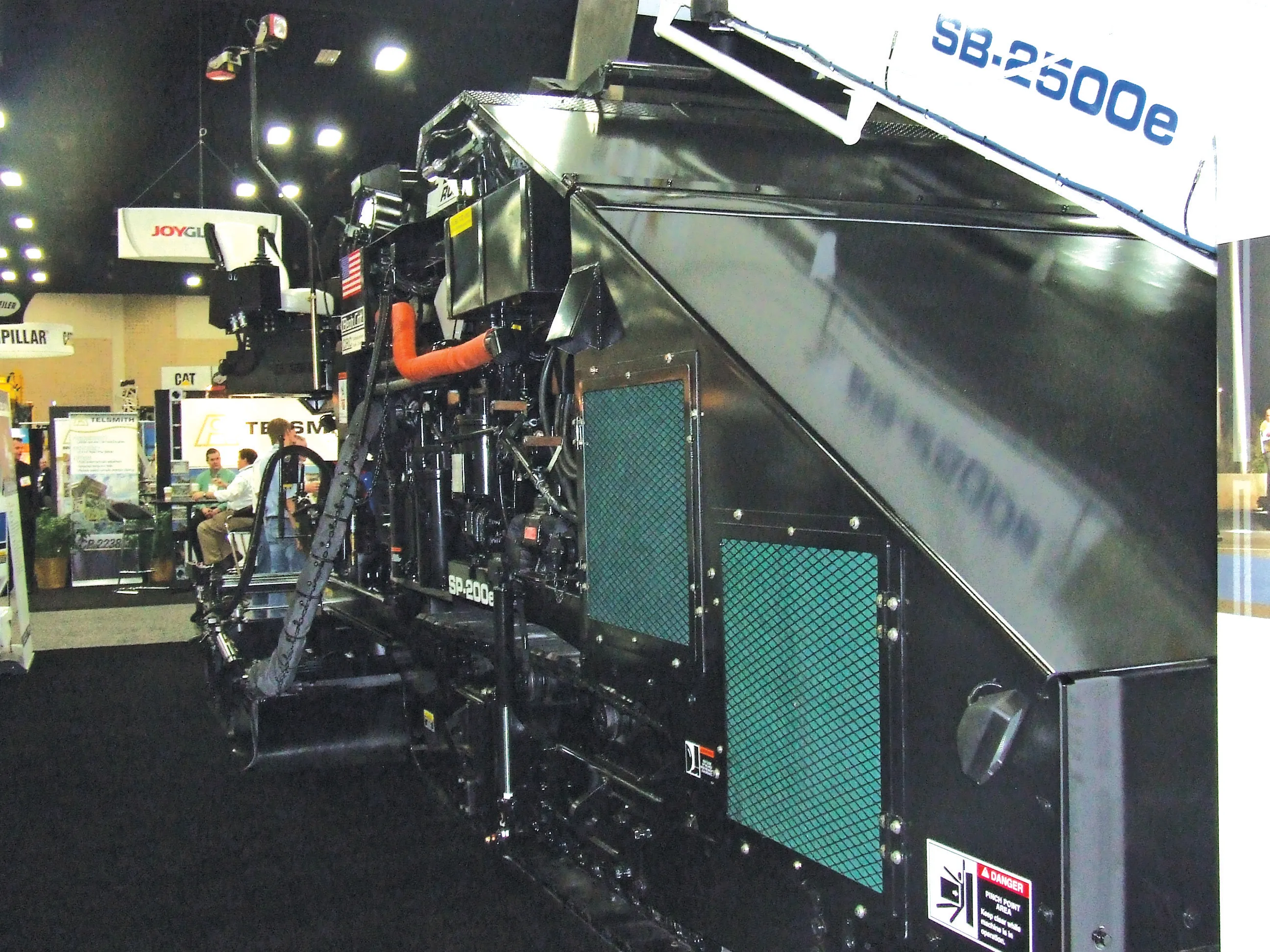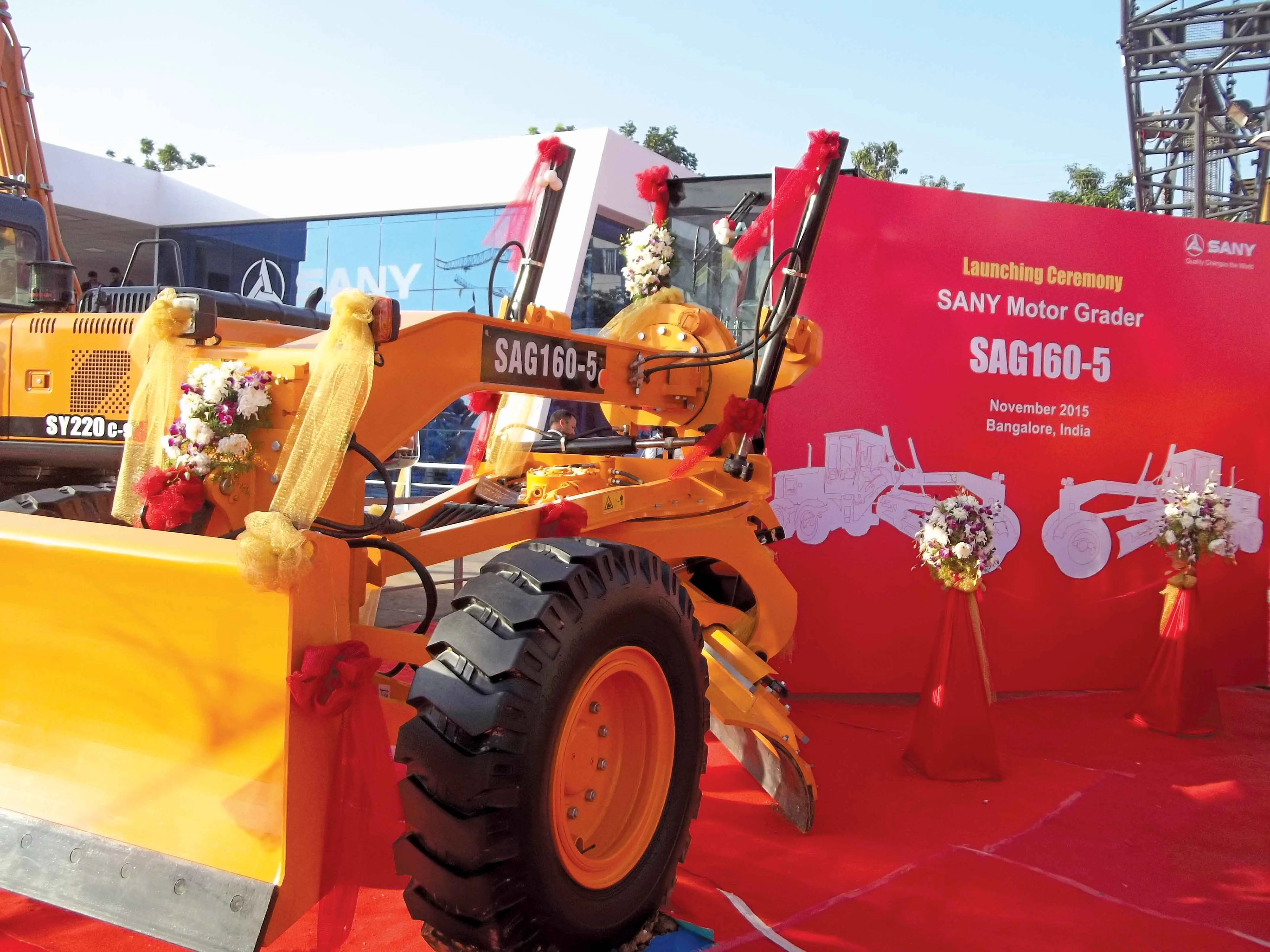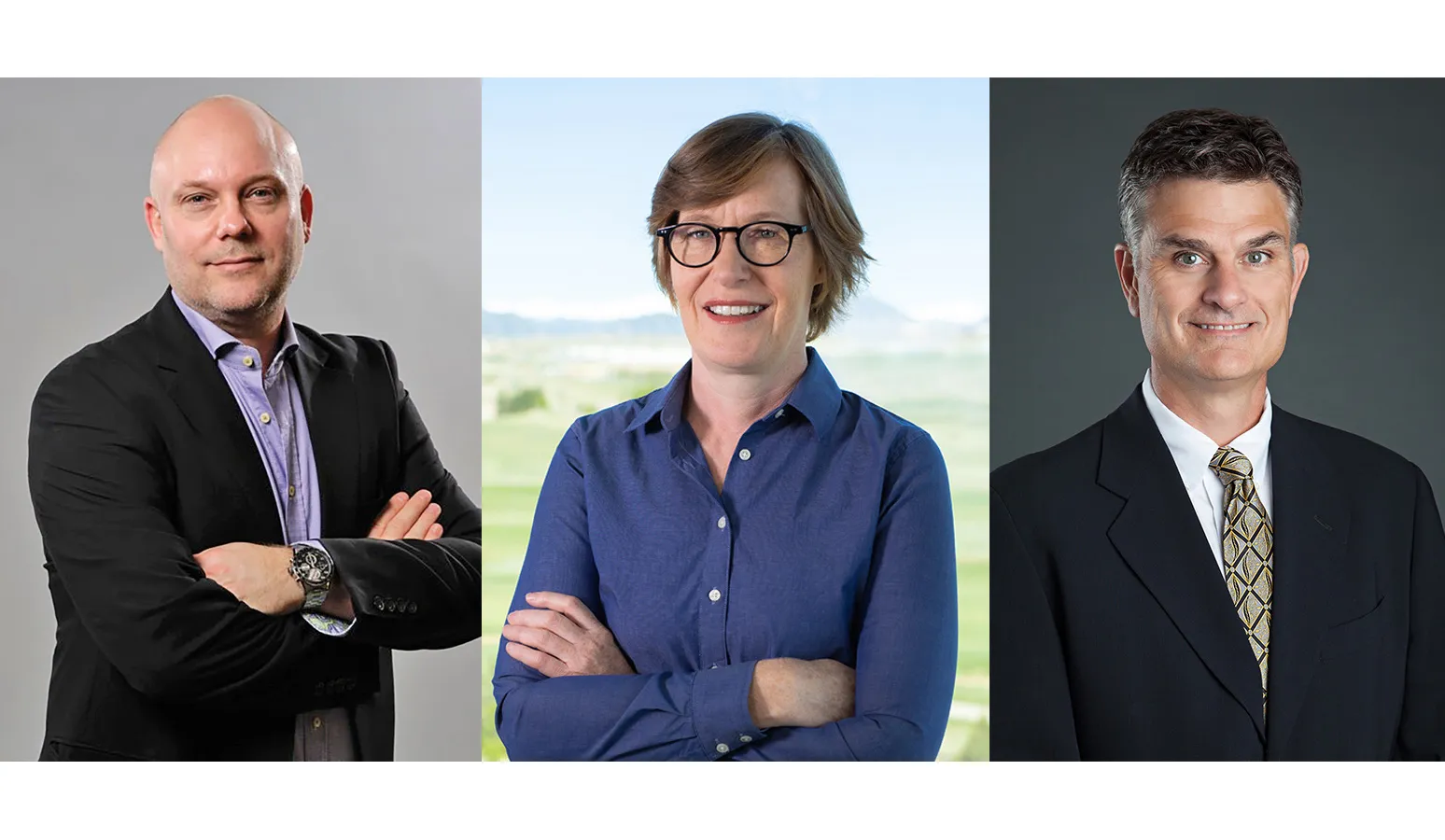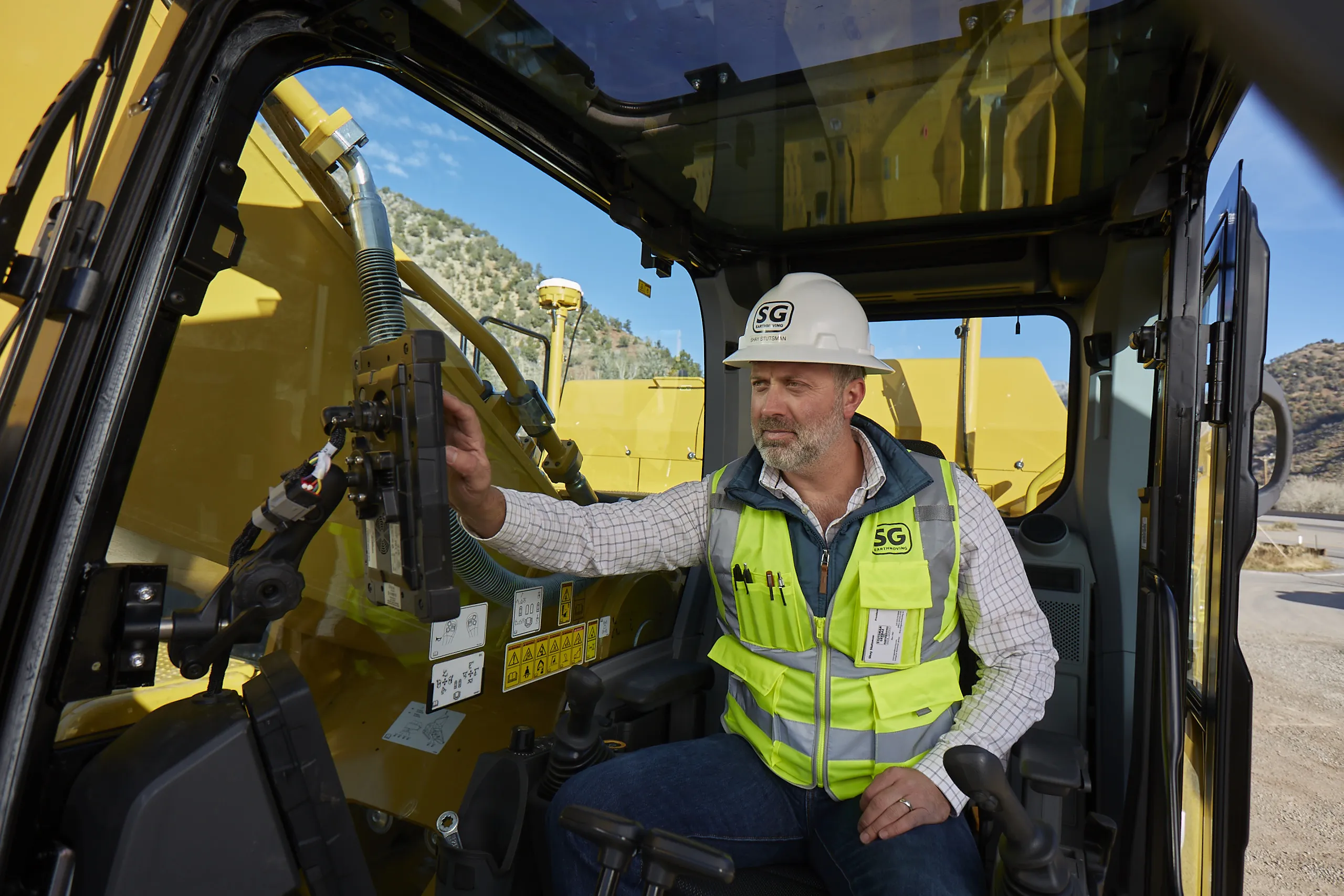During the recent Conexpo event in Las Vegas, Kelly Majeskie, President of The LeeBoy Group, spoke about his expansion plans for the business “We’ve been working on a couple strategies for LeeBoy” said Majeskie, “an overseas growth strategy and a more focused approach to the US market. Like most businesses we saw a major downturn when the US housing market took the big hit in 2008/9.
March 12, 2014
Read time: 5 mins
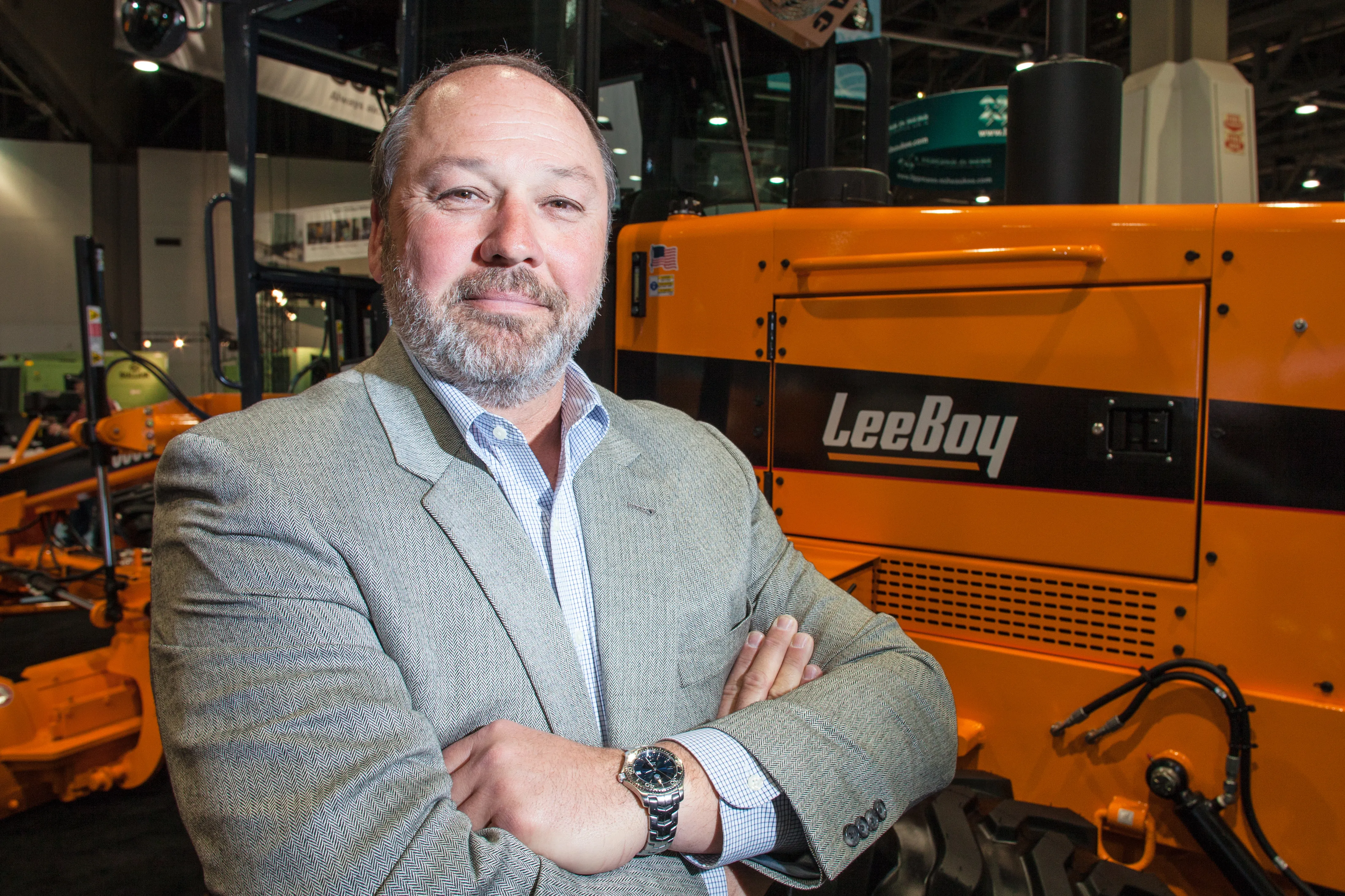
During the recent Conexpo event in Las Vegas, Kelly Majeskie, President of The 717 Leeboy Group, spoke about his expansion plans for the business.
“We’ve been working on a couple strategies for Leeboy” said Majeskie, “an overseas growth strategy and a more focused approach to the US market. Like most businesses we saw a major downturn when the US housing market took the big hit in 2008/9. We identified that we had an Achilles heel with 80% of our market being in North America, with much of it tied to the housing market. We further recognised that until the housing market comes back we will see a slow, stodgy but progressive growth from the North American market,” he said.
Our overseas strategy is to get into developing markets on the basis that we will design, manufacture, supply and support locally. I now manage the Leeboy Group,” he said, “which now has three factories, one in North America, one in India and now one in Brasil. The adjoining regions will be served primarily by each of these factories, we won’t build everything that the Leeboy produces, but we will be manufacturing the high volume products required by these markets.”
“For example, we currently have a lot of activity in Africa and we’ll be supplying this demand from the Indian factory and we’ve just shipped product into the Middle East from the same factory,” said Majeskie. “Same with Latin America, we’re going to use Brasil as our base for the Latin American countries. This strategy gets us customised products for the markets, it gets us around the duties, tariffs and transportation costs and enables us to examine what a customer really needs locally and cater to it,” he confirmed.
Talking about the company’s expansion into the Brazilian market, Majeskie had this to say.
“The Cifali family is probably a third generation family producing the Ticel brand of asphalt plant in Brazil. “They have been our dealer in Brasil as well as manufacturing their own asphalt plants. They have a small engineering and procurement team We got together with them and said, We want to keep you on with the dealer side of the business but we’d like to be a manufacturer. They were prepared to sell up so we bought the manufacturing assets and also the intellectual property for drum mix asphalt plants.’”
“The Plan is to keep the products under the Ticel name, which has very strong brand recognition and not just in Brazil. They have sold plants in Chile, Argentina, Columbia and even into Russia, Africa and Albania. The Plan will be to rebrand the product as Leeboy for the emerging markets but we’ll keep Ticel in Brasil. We’re moving our paving line and to Brasil but I’m not planning to take every product from the US into this market,” he said.
“In these emerging regions we have customers saying that they’d like to have a cost effective alternative to what’s currently on offer. In these developing markets there is a need for products that are no nonsense and easy to operate. That’s what Leeboy is known for, not a lot of electronics, basic work in a very cost competitive way, there’s still a demand for that.”
“India is a slightly different but none the less interesting strategy. Leeboy India is part of ST Kinetics' strategy to grow its construction equipment (CE) business globally and become a more significant player in the road construction and maintenance equipment, crawler excavators and backhoe loaders industry. ”
“The Bangalore factory is manufacturing paving equipment as well as two different sized motor graders, backhoe loaders, under a franchise licence agreement with a Turkish manufacturer, and a 23 tonne excavator with more models on the drawing board. These products will stay in their region,” he said.
“For example we build the model 785 motor grader in India but we localised it making some changes because that's what the customer wants. It is actually the same machine as the one we build for the US market with some modifications. We’re doing the same with pavers, we’ll adapt and modify some of US paving products to fit the customer’s specific needs.”
“The Indian market is unique in that there are a couple of really strong players.255 JCB from example is the dominant player where it has 90% market share in backhoe loaders. Like most markets there are plenty of customers who want an alternative and it's the same with the excavators. Indian contractors are big as they manage most aspects of construction, so they need earthmoving and paving equipment and in volume,” said Majeskie.
“Quality wise, the excavator, graders and the backhoes actually have better fuel efficiency than some of the other brands which is a really strong point of difference in India. If we are going to brand these products Leeboy, we must ensure a certain level of quality. We’re investing in R&D as well as our manufacturing process, we source world class componentry such as2304 ZF transmission systems, 196 Cummins engines and Rexroth hydraulics, to maintain the quality that is expected from the Leeboy brand.”
%$Linker:2 Asset <?xml version="1.0" encoding="utf-16"?><dictionary /> 2 42821 0 oLinkExternal www.leeboy.com Visit Leeboy Website false /EasySiteWeb/GatewayLink.aspx?alId=42821 false false %>
“We’ve been working on a couple strategies for Leeboy” said Majeskie, “an overseas growth strategy and a more focused approach to the US market. Like most businesses we saw a major downturn when the US housing market took the big hit in 2008/9. We identified that we had an Achilles heel with 80% of our market being in North America, with much of it tied to the housing market. We further recognised that until the housing market comes back we will see a slow, stodgy but progressive growth from the North American market,” he said.
Our overseas strategy is to get into developing markets on the basis that we will design, manufacture, supply and support locally. I now manage the Leeboy Group,” he said, “which now has three factories, one in North America, one in India and now one in Brasil. The adjoining regions will be served primarily by each of these factories, we won’t build everything that the Leeboy produces, but we will be manufacturing the high volume products required by these markets.”
“For example, we currently have a lot of activity in Africa and we’ll be supplying this demand from the Indian factory and we’ve just shipped product into the Middle East from the same factory,” said Majeskie. “Same with Latin America, we’re going to use Brasil as our base for the Latin American countries. This strategy gets us customised products for the markets, it gets us around the duties, tariffs and transportation costs and enables us to examine what a customer really needs locally and cater to it,” he confirmed.
Talking about the company’s expansion into the Brazilian market, Majeskie had this to say.
“The Cifali family is probably a third generation family producing the Ticel brand of asphalt plant in Brazil. “They have been our dealer in Brasil as well as manufacturing their own asphalt plants. They have a small engineering and procurement team We got together with them and said, We want to keep you on with the dealer side of the business but we’d like to be a manufacturer. They were prepared to sell up so we bought the manufacturing assets and also the intellectual property for drum mix asphalt plants.’”
“The Plan is to keep the products under the Ticel name, which has very strong brand recognition and not just in Brazil. They have sold plants in Chile, Argentina, Columbia and even into Russia, Africa and Albania. The Plan will be to rebrand the product as Leeboy for the emerging markets but we’ll keep Ticel in Brasil. We’re moving our paving line and to Brasil but I’m not planning to take every product from the US into this market,” he said.
“In these emerging regions we have customers saying that they’d like to have a cost effective alternative to what’s currently on offer. In these developing markets there is a need for products that are no nonsense and easy to operate. That’s what Leeboy is known for, not a lot of electronics, basic work in a very cost competitive way, there’s still a demand for that.”
“India is a slightly different but none the less interesting strategy. Leeboy India is part of ST Kinetics' strategy to grow its construction equipment (CE) business globally and become a more significant player in the road construction and maintenance equipment, crawler excavators and backhoe loaders industry. ”
“The Bangalore factory is manufacturing paving equipment as well as two different sized motor graders, backhoe loaders, under a franchise licence agreement with a Turkish manufacturer, and a 23 tonne excavator with more models on the drawing board. These products will stay in their region,” he said.
“For example we build the model 785 motor grader in India but we localised it making some changes because that's what the customer wants. It is actually the same machine as the one we build for the US market with some modifications. We’re doing the same with pavers, we’ll adapt and modify some of US paving products to fit the customer’s specific needs.”
“The Indian market is unique in that there are a couple of really strong players.
“Quality wise, the excavator, graders and the backhoes actually have better fuel efficiency than some of the other brands which is a really strong point of difference in India. If we are going to brand these products Leeboy, we must ensure a certain level of quality. We’re investing in R&D as well as our manufacturing process, we source world class componentry such as
%$Linker:


